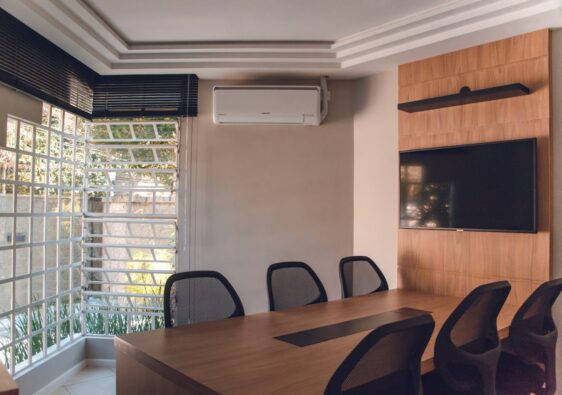Selling a home requires you to slip out of your own shoes and into another’s – namely, the buyer’s. What does the average home buyer want? What do they not want? And, importantly, how can you leverage psychological cues and triggers to emphasize the desirable aspects of your property?
In large part, this is the job of a great realtor. They are the marketing gurus tapped into the latest buyer trends and sentiments, and can help you put your best foot forward. For instance, if you’re selling in Toronto, look for the best real estate services in Toronto for your overall best shot at marketability.
But even before the marketing and home staging processes – and well before the bids start rolling in – you can kick off the process by turning your attention to “curb appeal.”
What is curb appeal, and why does it matter? We explore the answers below.
What Is Curb Appeal?
Put simply, curb appeal is the desirability of your property as viewed from – you guessed it – the curb or sidewalk. In real estate circles, it refers to the attractiveness of your front yard and front façade, and it carries an enormous amount of weight in the marketing process.
It’s easiest to think of curb appeal as your property’s first impressions. As the adage goes, you don’t get a second shot at first impressions. Showing prospective buyers an appealing, welcoming and well-maintained front exterior establishes a positive tenor for the rest of the home viewing. By contrast, a messy, ill-maintained or shabby front yard might sour buyers before they even enter the door.
Most homeowners achieve increased curb appeal through a mix of landscaping, outdoor decorating and lighting, window cleaning/replacement, pressure washing and driveway repair. If you’re unsure which projects make sense for your property (i.e., which will net an appreciable ROI and which ones aren’t worth the trouble), speak to a knowledgeable listing agent.
Why Curb Appeal Matters: By the Stats
If the “first impressions” argument didn’t sway you, allow us to back up the case with stats and figures. Here are a few noteworthy statistics from reputable third-party sources:
- According to a study covered in the Wall Street Journal, curb appeal can boost a home’s value by 7% (that’s $35,000 extra on an average home worth $500,000).
- More broadly, a Virginia Tech study found that well-landscaped homes net roughly 12% higher value than homes with little or no thought put into landscaping.
- According to the National Association of Realtors (NAR), 92% of realtors recommend improving curb appeal before listing, citing higher interest from buyers and increased marketability.
- According to Moving.com, citing a NAR report, typically “100% of costs related to landscape maintenance and tree care are recovered at the time of sale.”
If you’re planning on selling your property in the near future, consider curb appeal. Not only will it help attract buyers down the line, but it may also improve your current satisfaction with your property. Before putting your home on the market, speak to top realtors about an overall marketing game plan that emphasizes your new curb appeal.



